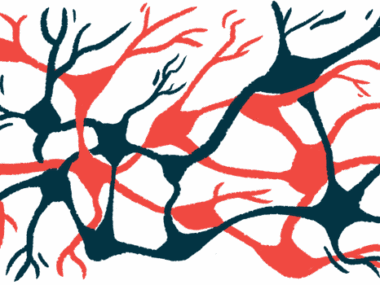Companies Join Forces to Develop Vectorized Antibody Therapies
Goal is to produce vectors able to deliver antibody to particular cell types in CNS
Written by |

VectorY Therapeutics and Annogen have announced a new agreement to work toward developing vectorized antibody therapies for Parkinson’s disease and other neurological conditions.
“We are delighted to work together with Annogen on novel tailored cell-specific promoters to enhance VectorY’s transformative AAV-vectorized antibody platform and its potential to yield disease-modifying treatments for neurodegenerative diseases,” Sander van Deventer, MD, PhD, CEO of VectorY, said in a press release.
Antibodies are proteins made by the immune system that are able to bind to a specific molecular target. Because of their exquisite targeting capabilities, antibodies have been used as a platform for developing therapies to block the activity of specific molecular targets.
Vectorized antibody therapies for neurodegenerative disorders
VectorY is developing an experimental therapy platform based on vectorized antibodies. Simplistically, this approach involves having a genetic sequence with instructions for making an antibody, and packaging that genetic sequence in a viral vector; the vector delivers the code to specific cells in the body, these cells then “read” the genetic sequence, and produce the antibodies.
One notable advantage to this approach is that it gets the antibody inside of the target cells, whereas traditional antibody-based therapies are usually too large to enter into cells. The company’s platform uses adeno-associated viruses (AAV) as a vector. AAV is commonly used in therapeutic applications because it does not cause illness in people and can be easily manipulated in a laboratory setting.
VectorY is specifically developing vectorized antibody therapies targeting Parkinson’s and other neurodegenerative disorders that primarily affect cells in the central nervous system (CNS, the brain and spinal cord).
The overarching goal of the new research agreement with Annogen is to produce vectors that can more specifically deliver the antibody to particular cell types in the CNS.
Annogen, in turn, has developed a proprietary technology called Survey of Regulatory Elements (SuRE), which can identify specific regulatory elements within the genetic code. These regulatory elements control which genes are active in a cell, and to what extent, and they can potentially be used to control therapeutic gene expression in gene- and cell-based therapies.
Under the new agreement, the companies will work to identify regulatory elements that can specifically promote the activity of VectorY’s vectorized antibodies in CNS cells. These regulatory elements are thus referred to as CNS-cell specific promoters.
“VectorY is a leading example of novel advanced approaches to vectorized antibody therapy development,” said Joris van Arensbergen, CEO of Annogen. “Their focus on controlling various aspects of vector design, including cell-specific promoters, proves the value we can bring with our SuRE technology. We are very pleased to work with this forward-thinking team and further build our track record in this field.”



